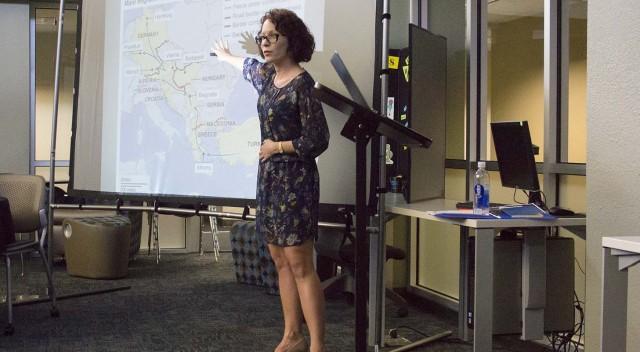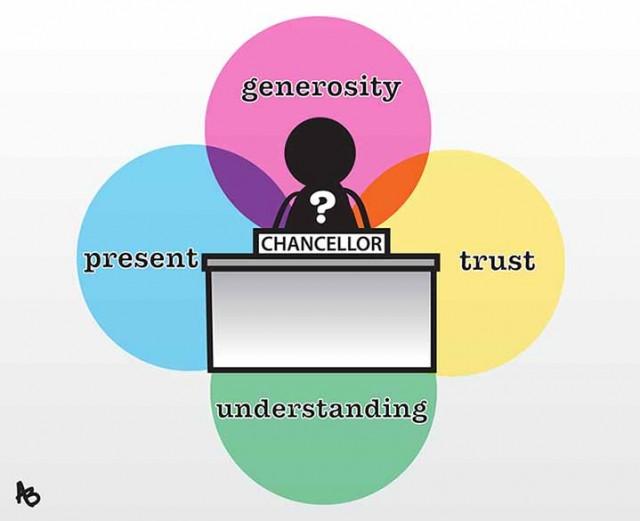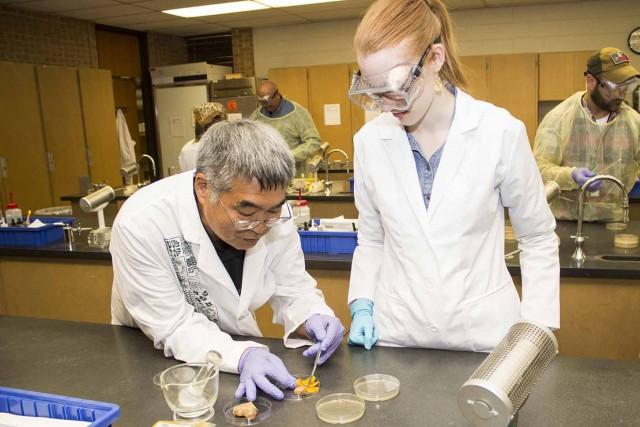By martin ramirez/ south news editor
The only mammal wholly covered in scales might go extinct with many people not even knowing it exists.
It is a creature with a tongue as long as its body, standing at the height of a house cat that can roll into a ball and resemble an artichoke on legs. No, it is not fiction. It is the endangered pangolin, presumed to be the world’s most trafficked mammal. And its safety must be ensured.
National Geographic reports tens of thousands of pangolins are believed to be poached annually. Petitioners totaled data from the U.S. Fish and Wildlife Service showing nearly 30,000 imports of pangolin products were confiscated by authorities between 2005-2014. The number increases when considering the amount of pangolin products not seized by authorities.
Eight species of pangolins are found across Africa and Asia. Even though all eight are protected under various national and international laws, all are threatened with extinction. National Geographic reports that in July 2015, the U.S. Fish and Wildlife Service received a petition from conservation groups such as the International Fund for Animal Welfare and the Center for Biological Diversity to list seven species under the Endangered Species Act. Fortunately, the eighth species is already protected.
Roughly 100,000 pangolins are being poached from the wild and sent to China or Vietnam every year. In both countries, their meat is considered a rich delicacy, and their scales are thought to have magical medicinal properties. In some restaurants, they are alive when brought to a table where their throats are slit and the blood is served as an aphrodisiac.
BBC News talked with Nguyen Van Thai, who heads Save Vietnam’s Wildlife, a non-governmental organization attempting to stop the sale of pangolin products and rescue the animals from poachers. He said it is the wealthy elite of Vietnam who demand the creatures’ sale. Senior government officials and wealthy businessmen order pangolin to celebrate a deal and flaunt their status.
“Ninety million Vietnamese can no longer see pangolins in their own country because a few rich officials and businessmen want to eat them,” Nguyen said. “That’s disgusting.”
In March, a U.S. agency announced its consideration for giving better protection to the scaly mammals. Unless people want another dodo bird incident, actions must be taken to save the pangolin.
If the U.S. decides to protect the six species, then it will damage smuggling of products to the country. Also, it will show an example to other Asian countries to take action and save the animal before it is gone forever.
























